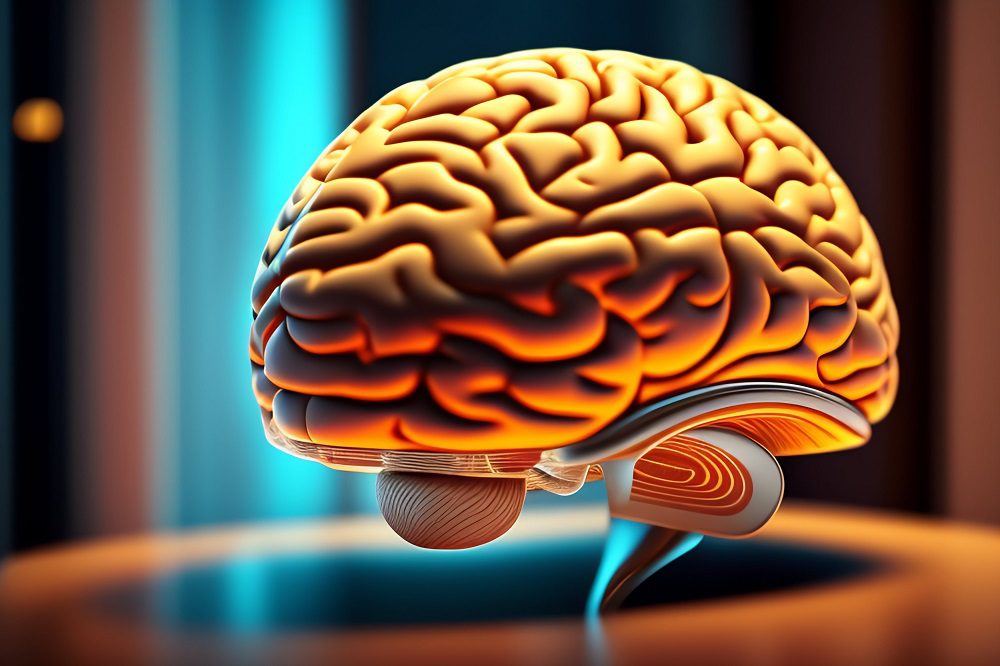Insulin-regulated serine and lipid metabolism drive peripheral neuropathy


Diabetes represents a range of diseases in which metabolic dysfunction damages multiple organ systems including the liver, peripheral nerves, and kidneys. Although the beginning and advancement of these comorbidities are
Infantile Biotin Thiamine Responsive Basal Ganglia Disease


Biotin thiamine responsive basal ganglia disease (BTRBGD) is an inherited autosomal recessive disorder that results from the inability of thiamine to cross the blood–brain barrier. It is considered a treatable condition if vitamin supplementation
A longitudinal study of an unusual rapidly progressive dementia case: A Case report


A 74-year-old, right-handed male was admitted with complaints of jaw and bilateral hand movements for 3 months and
Effect of Argatroban Plus Intravenous Alteplase vs Intravenous Alteplase Alone on Neurologic Function in Patients with Acute Ischemic Stroke: The ARAIS Randomized Clinical Trial


Previous studies suggested the benefit of argatroban plus alteplase (recombinant tissue-type plasminogen activator) in patients with acute ischemic stroke (AIS). However, strong evidence in trials with large sample sizes
Efficacy and safety of vutrisiran for patients with hereditary transthyretin-mediated amyloidosis with polyneuropathy: a randomized clinical trial


Hereditary transthyretin (ATTR variant) amyloidosis, also called hATTR amyloidosis is a rare, rapidly progressive, debilitating, and fatal disease caused by transthyretin (TTR) gene variants. Misfolded TTR accumulates as amyloid
Misfolded GBA/β-glucocerebrosidase impairs ER-quality control by chaperone-mediated autophagy in Parkinson disease.


Inhibition of chaperone-mediated autophagy (CMA), a selective type of lysosomal degradation for intracellular proteins, may contribute to pathogenesis in neurodegenerative diseases including Parkinson disease (PD). Pathogenic variants
